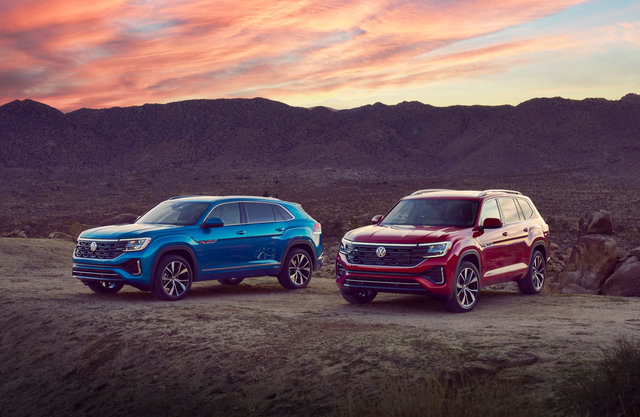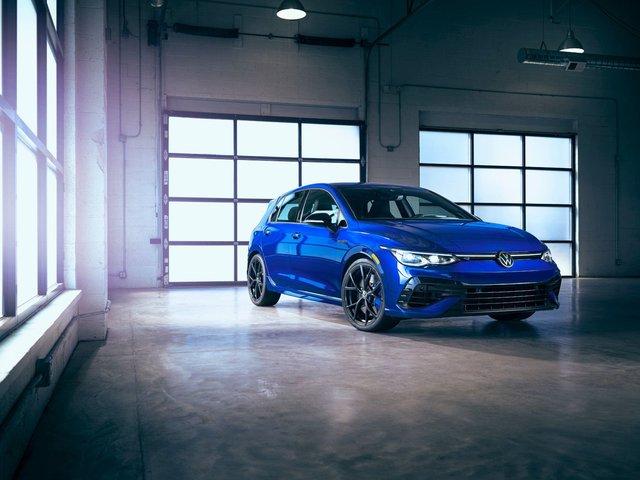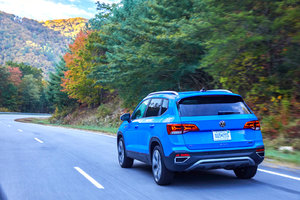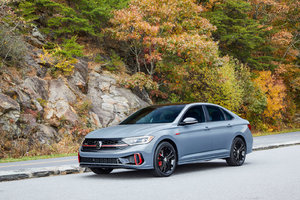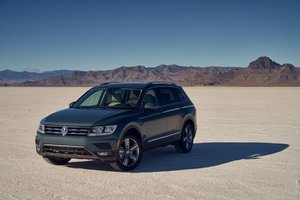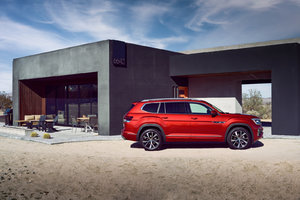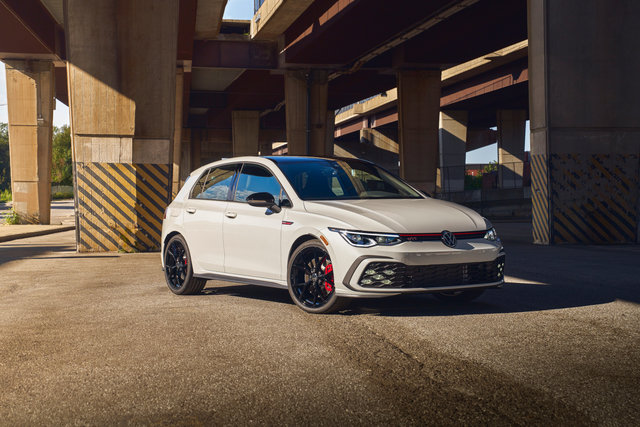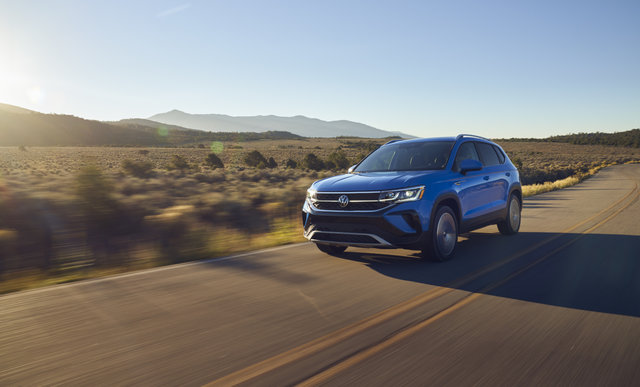With summer now in full swing, many of us are planning long-awaited road trips or perhaps just enjoying the freedom of driving around town with the windows down. Yet, as the temperature rises, so does our car's fuel consumption, and with it, the cost of our adventures. So, how do you save on fuel and ensure your vehicle is performing at its best throughout the summer? Fear not, dear motorist. Here are some savvy tips to help you maximize your fuel efficiency.
Plan Ahead
Consider combining trips when possible. Your engine is less efficient when it's cold, so multiple short trips taken from a cold start can use twice as much fuel as one longer multi-purpose trip. Also, consider your route. Avoid roads with heavy traffic or numerous stoplights which cause idling and stop-and-go driving, both of which are fuel guzzlers.
Lighten Your Load
Start your summer fuel-saving quest by reducing the weight in your vehicle. Extra weight can cause your car to work harder, which in turn burns more fuel. Remove any unnecessary items from your trunk or back seat before you set out. Roof racks, bike carriers, and cargo boxes also increase drag and fuel consumption, so if you're not using them, it's best to take them off.
Maintenance is Key
Basic maintenance is the key to your car's performance and fuel economy. Ensure your vehicle's fluids are topped up and fresh, particularly the engine oil. Opt for a high-quality synthetic oil; it might be a bit pricier, but it can reduce engine friction and may improve fuel efficiency. Keep your air filters clean as well, as dirty ones can increase fuel consumption.
A crucial yet often overlooked component in fuel efficiency is your car's tires. Make sure your tires are properly inflated to the recommended PSI (pounds per square inch). Under-inflated tires can reduce your car's fuel efficiency by up to 3%.
Drive Smart
The way you drive has a substantial impact on your car's fuel efficiency. The easiest way to reduce fuel consumption is to avoid aggressive driving. Rapid acceleration and hard braking can decrease your gas mileage by up to 40% on the highway and 30% in town.
Furthermore, consider your speed. While the optimal speed for fuel efficiency varies by vehicle, the rule of thumb is that fuel economy begins to drop significantly at speeds above 85 km/h. So, stick to the speed limit; you'll not only be safer but also save fuel.
Use A/C Wisely
While the hot summer weather often calls for air conditioning, it's crucial to note that A/C use increases fuel consumption. At low speeds, consider using the car's venting system or simply opening the windows for a natural breeze. Use air conditioning sparingly, and if you must use it, do so while driving at higher speeds to minimize its impact on fuel efficiency.
By applying these tips, you can enjoy your summer drives without the constant worry of guzzling fuel. Remember, maximizing fuel efficiency is not only about saving money, but it's also a contribution towards reducing carbon emissions, making our journeys a little greener.
